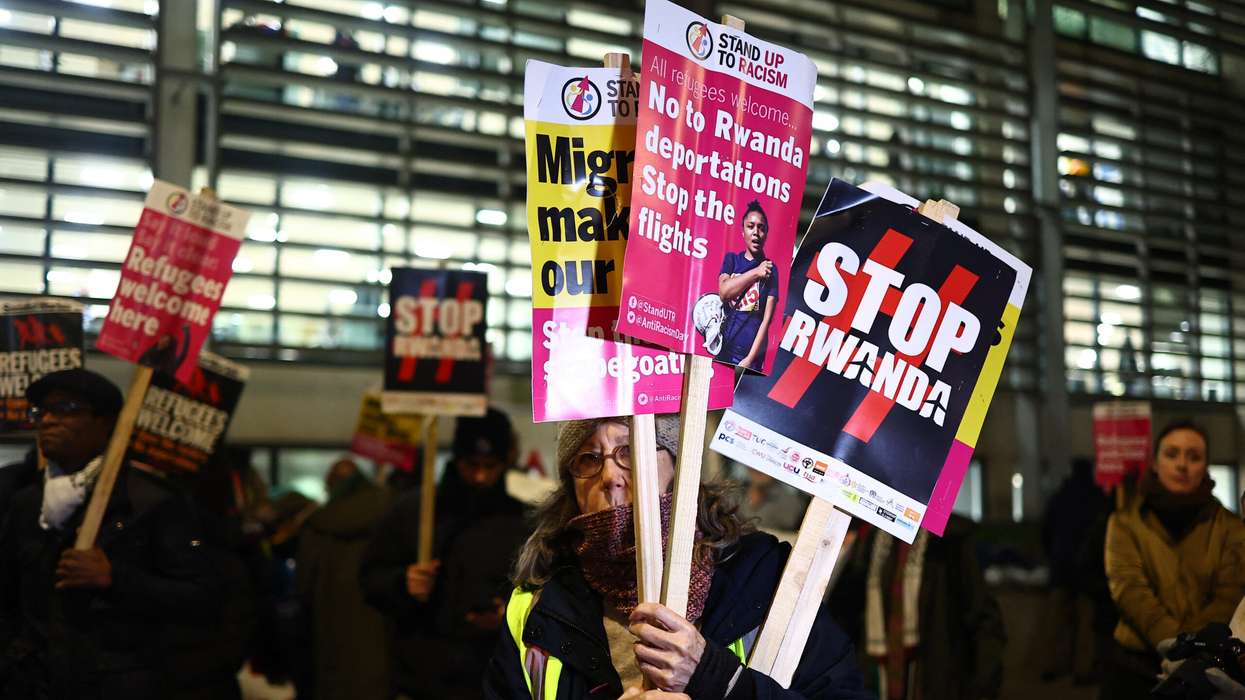The World Bank has said that migrant workers returning home could become vectors carrying the coronavirus to unaffected states and villages and that preliminary findings indicated in India many outmigration areas are likely to have COVID-19 cases.
In its biannual regional report, the World Bank said South Asia is one of the highest population density areas in the world, particularly urban areas, and that preventing domestic COVID-19 transmission is an enormous challenge in the region.
“This makes contagion easier, especially among the most vulnerable people: slum dwellers and migrant workers,” it said.
In India, Bangladesh and Pakistan, the time between the announcement of suspension of inland passenger transport and its enforcement was less than a day, which gave way to chaos as migrants scrambled to get back to their provinces, exacerbating the crowding and making enforcement of social distancing impossible.
“The flow of migrant workers could easily become vectors carrying the coronavirus back to other states and villages,” said the World Bank in its “South Asia Economic Update: Impact of COVID-19” report.
One minor advantage of South Asia is that the population over 65 years of age is lower than in the US and China, which could also limit the death rates, the report stated.
However, household sizes are large. As in other countries, the inadequate availability of medical equipment (such as sanitizers, masks, and ventilators), and a scarcity of mostly imported medical products led countries to stock domestic supplies.
The Bank said that lockdown policies have affected hundreds of millions of migrants across the subcontinent many of whom are day labourers and no longer have work in urban centres, leading to mass migrations, often by foot, back to their rural homes.
Migrants face a stark choice between potentially starving in urban centers without work or long and potentially fatal journeys over hundreds of miles to their home districts, it said.
“Preliminary findings indicate that in India, high-outmigration areas are more likely to have COVID-19 cases,” the World Bank said as it urged the government to direct early resources to high-risk areas as defined by high-migration corridors, including medical equipment and staf
“Use available big data and digital data to analyse patterns of reverse migration and movement around the country, to more precisely identify potential hot-spots,” it said and called for establishing social safety nets to help limit reverse migration
“If not possible to prevent reverse migration to rural districts via urban-centered social protection programs, governments should consider immediate assistance to migrants to limit suffering and loss of life during the strenuous long-distance journeys, by providing information and food and water to journeying migrants,” the World Bank said.




